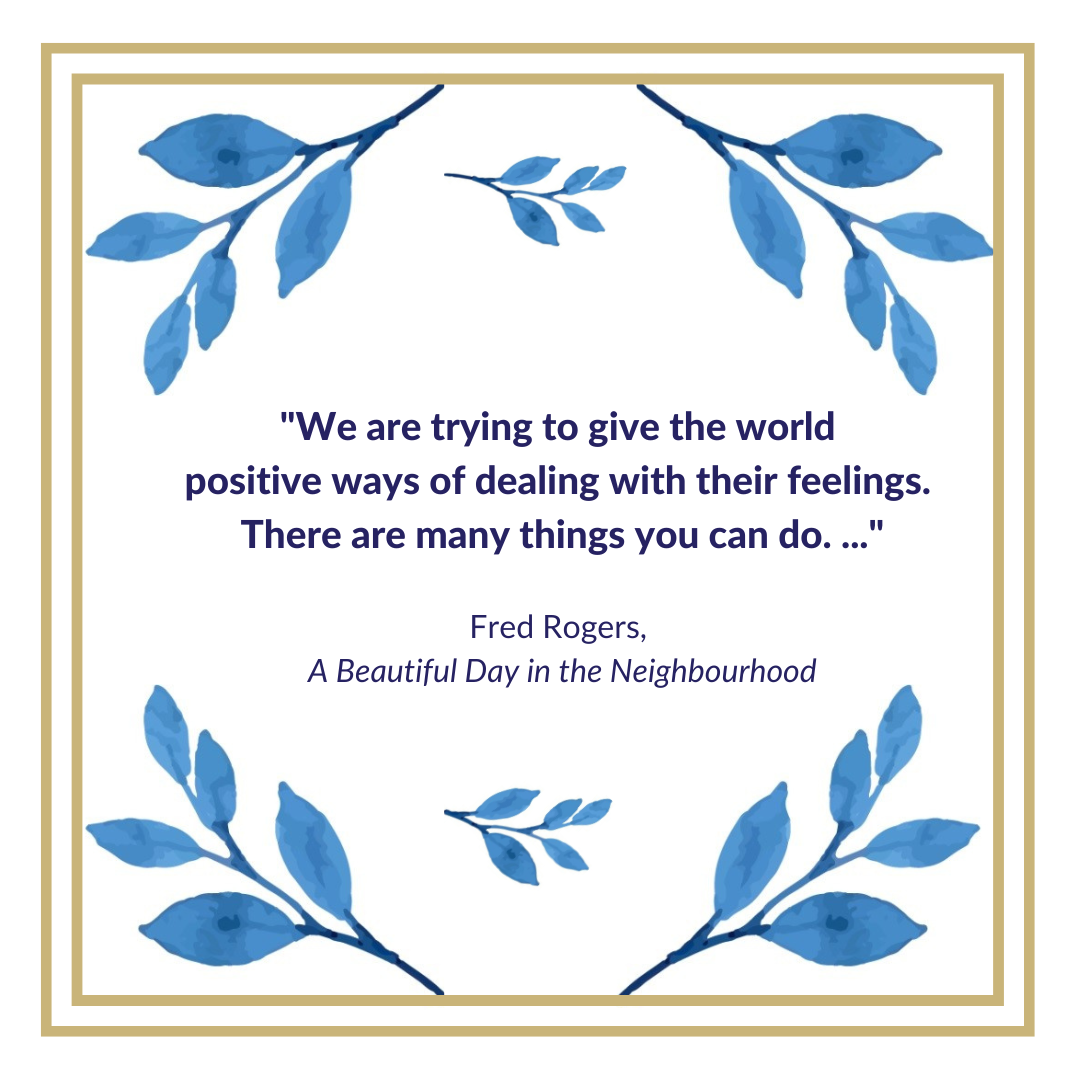What Is Your Name? How Would You Like Me to Address You?
I am not an activist. Far from it. Yet there are many things I feel strongly about. Perhaps not being an activist is a cop out. Maybe it is just that I have learned to prefer a peaceful life. Or perhaps I just have a different calling. In any case, it is not my way. Nonetheless, if I were to choose things to campaign about when working with older people, with all people, my list would include their right to be addressed the way they choose. Is that not the way we all feel?
My years of hospital working taught me that people can easily become just ‘a person in a bed’. Not intentionally, but because hospital life is so busy most of the time. The pressures of caring under duress can sometimes result in people being talked over as if they were not there. Or hearing themselves discussed somewhat inanimately as part of a case study. We all are case studies at times. How else would data be gathered, and science proceed? Yet no one wants to feel that way.
A Personal Case Study
In 2020, Ethel (not her real name), a close relative of mine who lives in Greece, had the misfortune of going into hospital for a major operation. It was just before the very first Covid-19 lockdown, and before anyone knew what was about to happen. So, my husband and I were miraculously still able to fly out to while she was in hospital. We also managed to support her as she returned home. I co-ordinated the care-at-home shifts and numerous nurses turned up at different times of the day and night, until we were able to settle her with a permanent live-in carer.
She was well looked after, however I was horrified to hear almost everyone addressing her as yiayia, not just to her face, but also when talking about her between them. They did the same when liaising with other medical professionals on the phone. Even more distressingly, they often spoke of her as the yiayia, which I found totally depersonalising and very upsetting. Thankfully she was not always aware of it, though I did hear her tell one nurse not to call her that. (I did mean to say tell. It was not a request. Having had enough of it, she told them so in no uncertain terms, which proves how much it bothered her.)
Grandma Is a Term of Endearment for Families to Use
For those of you who do not speak Greek, yiayia normally means grandmother, and, as a form of address, it is a term of affection ordinarily directed to one’s own grandmother. At least it was when I was growing up in Greece. Grandmothers were usually well-integrated into Greek families and households as they helped bring up their grandchildren. Many still do.
Perhaps it was the lapse of time since my childhood, or perhaps the fact that I previously ran training sessions on how to communicate with hospital patients. their relatives and friends. Whatever the reason, hearing the word yiayia bandied around by strangers with regard to my loved one made my flesh crawl. The habit may have started as an attempt to make their charges feel cared for, but the way they used it in my hearing was not affectionate, even when uttered by the warmest of her carers. It was tantamount to branding her as ‘the granny’ or the ‘old person’. There was no respect attached. She was just another job.
People Have a Name and a Preferred Form of Address
Never once did they think to address or talk about her by her name. Not even her first name, which would have been better than ‘the yiayia/granny’, though still not ideal. In Greece, people of her generation were always addressed by their surname, with a Mr or Mrs attached. (Ms did not exist in Greek, especially in those days — all older ladies were addressed as Mrs rather than Miss even if unmarried.) They were also spoken to in the plural, which was — and still is — the normal polite form of address. Some of us even used this polite plural form when addressing our older uncles and aunts. In times gone by, parents might also have been addressed that way in some families.
All that is long gone in day-to-day Modern Greek. Yet I would have at least expected them to address my relative by her name and, ideally, as Kyria (Mrs) plus her name or surname. Or, even better, that each new person would introduce themselves and ask her how she would like to be addressed. As I said, her care was mainly good, for which I am extremely grateful. Given that she had just had a serious operation, and Covid lockdowns began two weeks later, this was a minor detail. Yet it upset both her and us, making fuses shorter, and life became trickier for her carers as a result. Sometimes these small details can make a great difference and serve to impede, or enhance, communication. They can also have an impact on recovery.
Choosing How We Are Addressed Affords Us Dignity
Two years on my relative has recovered well physically. Yet she has lost much of her self-worth, and she often comments on how she is addressed. In Covid times it did, of course, become even more of a detail. The unpalatable reality is that having any care felt like a luxury at times. Nevertheless, as a case study, it is indicative of how important these details can be.
The dignity of choosing to be addressed the way we wish is crucially important, especially when we are feeling less than human, vulnerable and not in control of our own bodies and circumstances. Sadly, this is so often the case when we find ourselves lying in a hospital bed, unable to care for ourselves, or prevented from going about life independently. Being intimately washed and looked after is enough of an indignity at the best of times. It is even more important to be afforded respect and personhood when we are feeling disempowered.
Call me Domini But Ask My Permission First
In my own life, even when well, I often bristle at being automatically called Domini by people I have never met, whether talking to them on the phone or in person. Especially when these people work for faceless organisations, banks, utility companies and the like. As it happens, I much prefer to be called by my first name, Domini. When people call me Mrs Lucas I still immediately look round for my mother-in-law, even after more than 20 years of marriage. I always chose to be called by my first name even before I was married. My feelings about this may change as I grow older. I cannot know that in advance.
Nonetheless, though I prefer to be addressed by my first name, I have discovered that it does depend on who is addressing me and how they write or speak to me. Above all, I like to be given the choice. It is my name, after all. On the rare occasion when some disembodied robotic phone voice thinks to ask whether it may call me Domini, or, even more rarely, calls me Mrs Lucas in the first instance, I have found that I am always better disposed to what they have to say.
Marketing Emails Go to People Too
This also applies to the numerous emails that land in my inboxes addressed to Domini by people I do not know, have never met and never will. I would love to see a marketing tick box asking for my preferred form of address before some bot somewhere adds my name to a mailing list. Even bots need to be educated in good manners!
Respect and Dignity
This may indeed be proof that I have lived over 50 years and that things were different when I was growing up. It is however still true for many people, especially those in their later years. Perhaps it is a valuable communication skill we can learn from our elders for our own benefit, and that of others. Things were not perfect when they were younger, and many mistakes were made. No generation was, or is, perfect, after all. Yet there used to be a respect and dignity in the way people addressed each other, at least in some cultures. I believe that has to be right.
These days we fight to be given dignity, and to afford it to others. We even build policies about it. Yet we forget something as simple as addressing people by their surname and title, and are often too familiar in the way we speak to them. Building personal and friendly relationships is not the same as being familiar, or over-familiar, which implies an element of disrespect and is sometimes interpreted as cheekiness. Talking up to people has to be more positive than talking down to them, and I know many older people who still prefer to be addressed more formally, especially at first acquaintance. Whether you are caring for those in need, or you run a business that seeks to sell to older consumers, this simple detail may help smooth communication with your end users and clients.
A Question of Boundaries
We may want to be personable and approachable; we may need to be social media friendly, and, in my case, I do want you to address me as Domini here because I have given you permission to do so. Yet that is precisely the point. It is my name and my person you are addressing. It is for me to give you permission to use my name, not for you to assume it of your own accord.
It is yet another example of boundaries. It represents where I begin and you end, and vice versa. As we get to know each other better, those boundaries may change. However, when we do not know each other at all, there is an inevitable distance between us. Our interpersonal boundaries are more rigid. What we call each other is part of that.
How I will Address You and Why
I therefore always write to people in the third person in Spanish and Portuguese when I connect with them for the first time on LinkedIn or by email, though it is not the norm any more. It is also why I write to my new Greek and French colleagues and contacts using the ‘polite’ plural from. For the same reason, I will often start my English social media messages, or emails, with Good afternoon or Good morning. I try not to predict how people wish to be addressed.
I know it risks sounding impersonal, and that it might make me seem like a creature from a bygone age. Yet, for me it is about respect. It is one of the things I was taught when I was growing up that I hold onto as precious. Not least because I have known many people who have been offended when their title has not been used.
Yet when I sign, or introduce myself, as Domini, please do use my first name in response.
Respect When Boundaries Are Broken Down By Need
Above all, if you are ever involved in caring for me, many of my personal boundaries will be broken down by my need. I will be feeling vulnerable, afraid, and, at best, disconcerted and discombobulated. It is most likely that I will be feeling embarrassed, perhaps even ashamed. I may even be quite angry. Angry at what has happened to me. Angry, embarrassed and frustrated at having to depend on you and not being able to manage on my own. Angry at myself, the world, the medical profession, my neighbours, and even God. There will have to be someone to blame.
You are less likely to get the brunt of my anger if you address me with respect, dignity and humanity. And, if you bolster my sense of personhood by thinking about such details, it might just help me heal and find myself more quickly. It will certainly help heal my damaged pride and self-respect. How we address people really does matter. It really does. We forget this at our peril.
What is your name, and how would you like me to address you?







